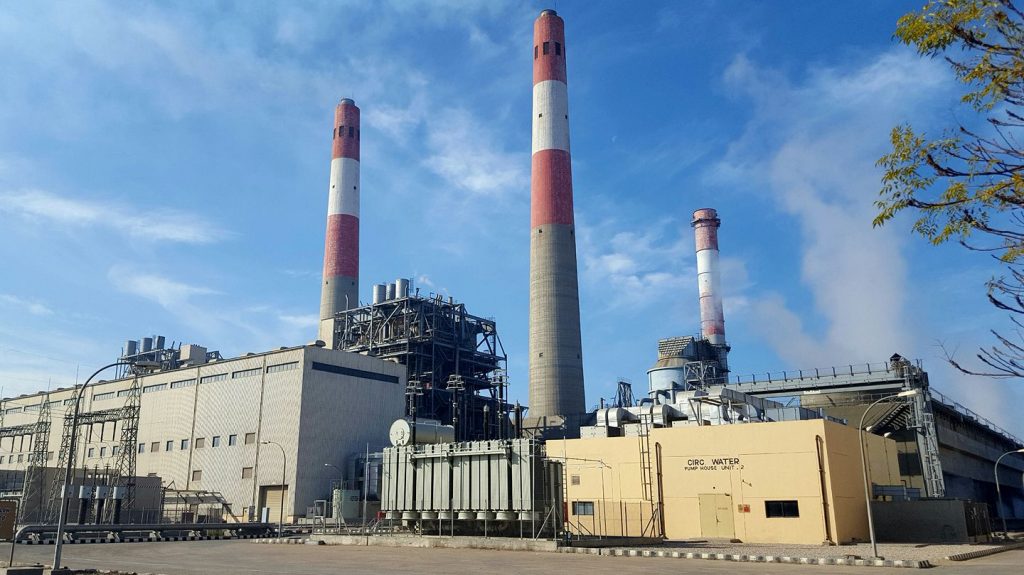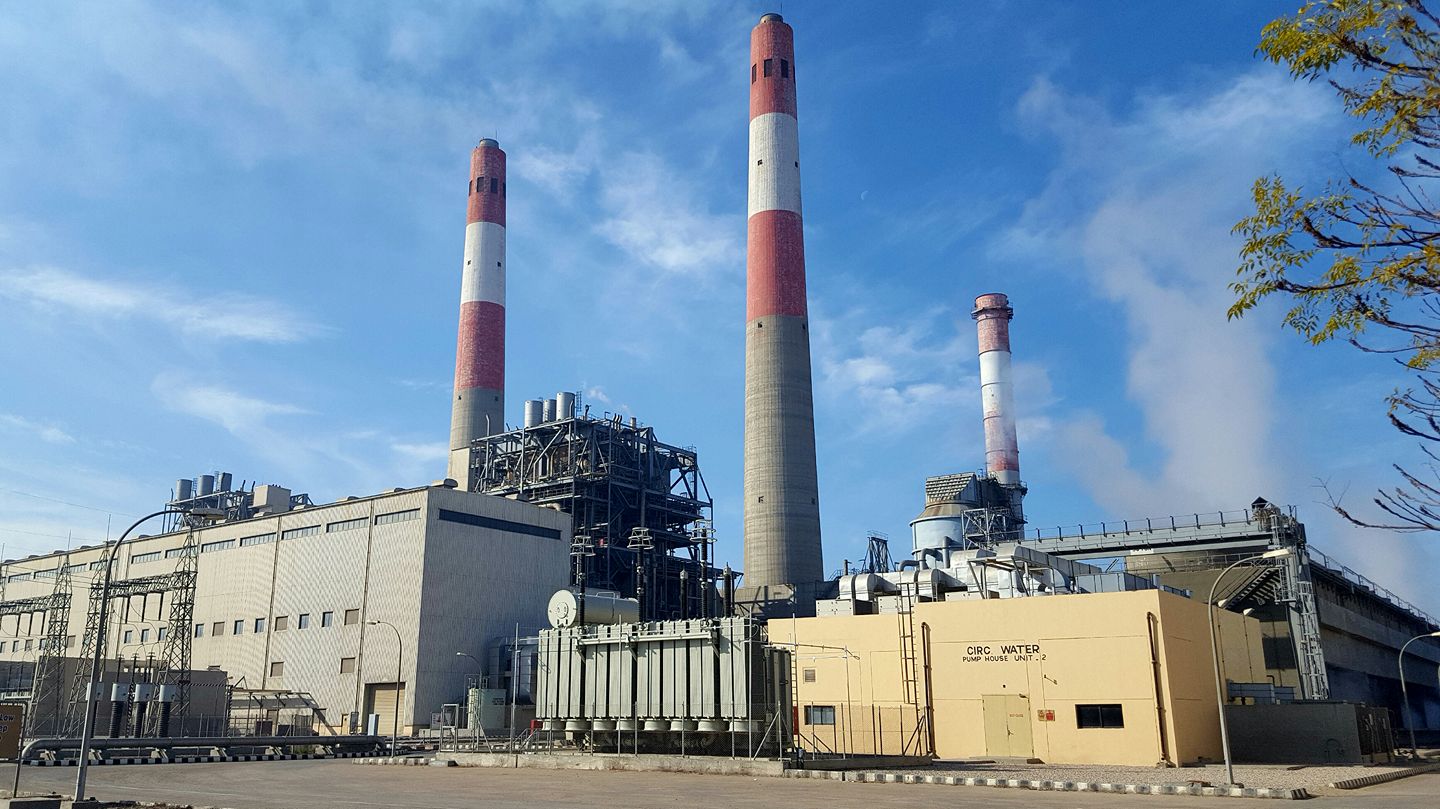Lalpir Power Limited (PSX: LPL) has announced that its shareholders have approved the early termination of several critical contracts, effective October 1, 2024. The decision follows recommendations made by the government’s Task Force and reflects a significant shift in the company’s operational agreements within Pakistan’s power sector.
The terminated agreements include:
- Implementation Agreement – Originally signed on September 24, 1994, between Lalpir Power Limited and the President of the Islamic Republic of Pakistan, on behalf of the Government of Pakistan.
- Power Purchase Agreement (PPA) – Signed with the Water and Power Development Authority (WAPDA) on November 3, 1994, which dictated the terms under which power was purchased from Lalpir.
- Fuel Supply Agreement – Which ensured a steady supply of fuel for Lalpir’s operations.
- Government Guarantee – Issued by the President of Pakistan on May 16, 1995, to back the company’s operations, including financial assurances for power purchase and supply commitments.
The termination of these agreements marks a significant step in restructuring power generation contracts in Pakistan. The move could have wide-ranging implications for Lalpir Power’s business model and the power sector’s landscape as a whole.
Strategic Shift in Power Sector
The decision to terminate these contracts mirrors a similar move by the Hub Power Company Limited (PSX: HUBC), which recently initiated a Negotiated Settlement Agreement to bring its own power generation contracts to an accelerated conclusion, effective October 1, 2024. Both actions indicate a broader shift in the government’s energy policy aimed at reconfiguring agreements related to power generation, fuel supply, and payment terms.
Impact on Lalpir Power Limited
Lalpir Power Limited had called for an urgent board meeting to deliberate on the premature termination of these contracts, signaling the company’s readiness to align with national policy changes. The early conclusion of these agreements may impact Lalpir’s revenue structure, fuel procurement strategy, and energy generation capacity moving forward.
This strategic decision is part of ongoing efforts to reform the energy sector, enhance efficiency, and potentially pave the way for new, more sustainable power agreements. How this shift affects long-term energy generation, costs, and fuel supply dynamics in Pakistan remains to be seen.



















